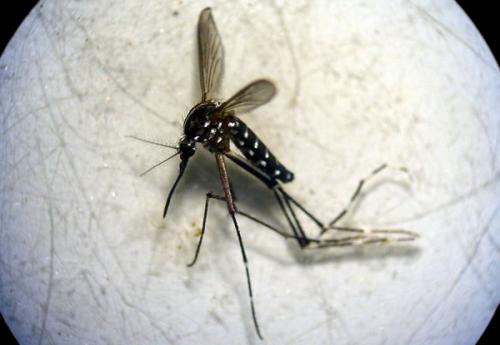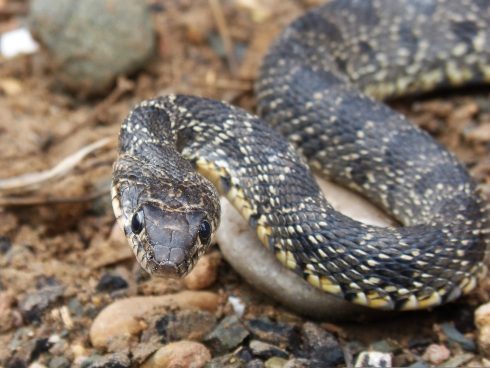
ENVIRONMENTAL groups have warned Malaga locals of a resurgence in tiger mosquitos.
Ecologistas en Accion (GENA) and the Gabinete de Estudios de la Naturaleza de la Axarquía released a statement today on the mozzies which were detected for the first time last year.
It said the presence of the tiger mosquito (Aedes aegypti) has intensified, specifically in the Velez-Malaga area.
Rafael Yus, president of GENA, said their statement comes after weeks of dozens of complaints of ‘unusually strong’ reactions to mosquito bites from locals.
The bites seem bigger and are often accompanied by a large red circle.
Affecting mostly the legs and arms, they come with a much more intense itching.
According to GENA there has been ‘a surge’ in the sale of repellent drugs and ointments in the past few weeks.

GENA has been carrying out surveys along the banks of the Vélez River, the water basins and the gardens of the town and has found a high rate of tiger mosquitos – which are identifiable by their smaller size, narrower body and white spots.
Their behaviour is also different from that of the common mosquito, since they do not usually perch on the walls of houses, they have a faster and more agile flight, which makes them more difficult to kill.
They usually fly stealthily low, at the height of the legs, making them harder to detect.
Ecologists have sent a letter to the Sanitary District of the Axarquía to warn about the intensification of the pest.
Residents are advised to cover their legs and arms when possible, especially if they are going to rivers, gardens or parks.
They should also invest in mosquito nets and make sure they keep their doors closed, particularly if they have a garden.
If you have been bitten by a tiger mosquito, GENA advises to try and avoid scratching and apply ice to the bite for 10 minutes.
This will avoid the toxin that produces the reaction from spreading.








